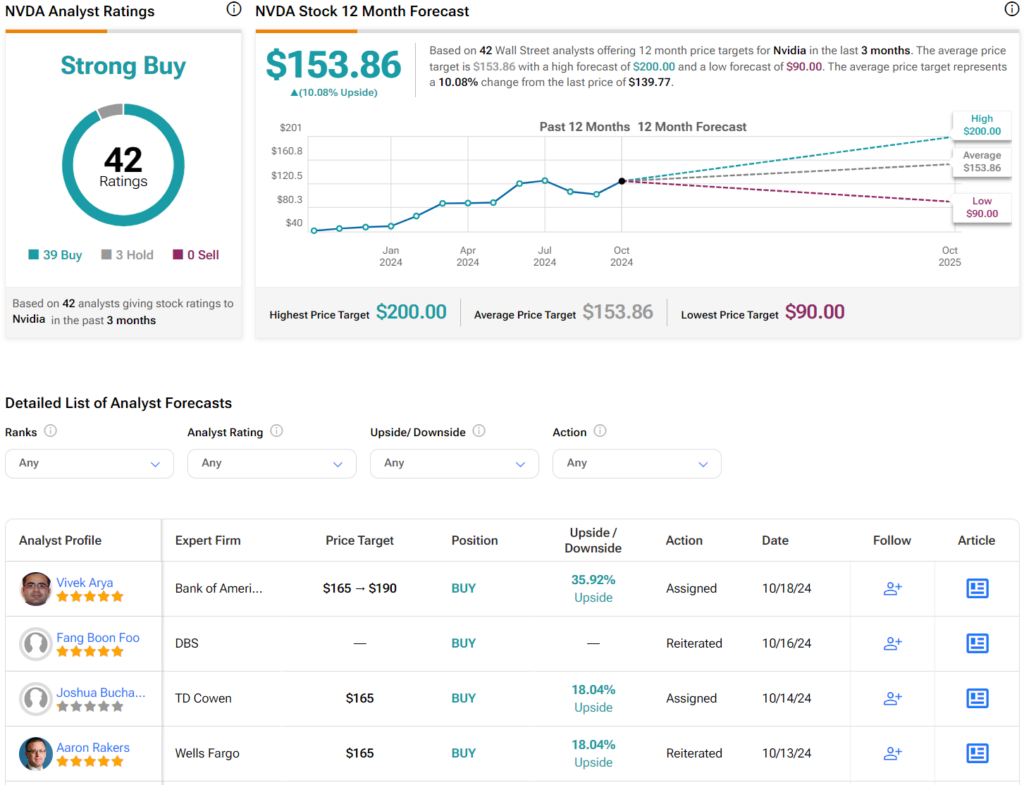Nvidia (NVDA) CEO Jensen Huang confirmed on Wednesday that a design flaw in the firm’s Blackwell AI chips has been fixed with the help of long-term partner Taiwan Semiconductor Manufacturing (TSM), according to Reuters. Nevertheless, shares of the chipmaker are down at the time of writing.
Don't Miss our Black Friday Offers:
- Unlock your investing potential with TipRanks Premium - Now At 40% OFF!
- Make smarter investments with weekly expert stock picks from the Smart Investor Newsletter
Nvidia’s Blackwell chips were initially set to ship out to key customers like Meta (META), Google (GOOGL), and Microsoft (MSFT) during the second quarter of this year. However, the design flaw had impacted production, which led to a delay. Interestingly, Huang admitted that the flaw was entirely Nvidia’s fault. He also dismissed rumors of tensions between Nvidia and TSMC over the delay as “fake news.”
The demand for Blackwell chips has been previously labeled as “insane” by Huang. This is because it features a groundbreaking design that combines two silicon components to significantly boost speed for AI tasks like chatbot responses.
A New Supercomputer
In addition to the chip news, Huang was in Denmark to introduce a new supercomputer named Gefion, which was developed in partnership with the Novo Nordisk Foundation (NVO), Denmark’s Export and Investment Fund, and Nvidia. This supercomputer boasts 1,528 GPUs and demonstrates Nvidia’s goal of leading in AI computing technology.
In fact, the company has been looking to expand its dominance in the field by offering a growing range of AI software platforms. With the addition of software products, Nvidia is looking to add a recurring revenue stream while holding on to customers for the long term.
Is NVDA Stock a Buy?
Turning to Wall Street, analysts have a Strong Buy consensus rating on NVDA stock based on 39 Buys, three Holds, and zero Sells assigned in the past three months, as indicated by the graphic below. After a 220% rally in its share price over the past year, the average NVDA price target of $153.86 per share implies more than 10% upside potential.




















